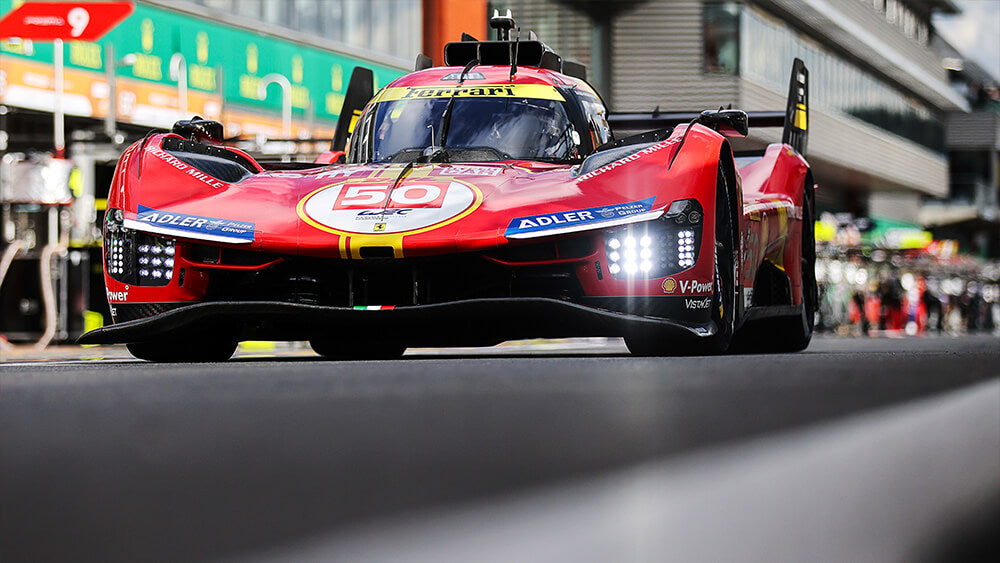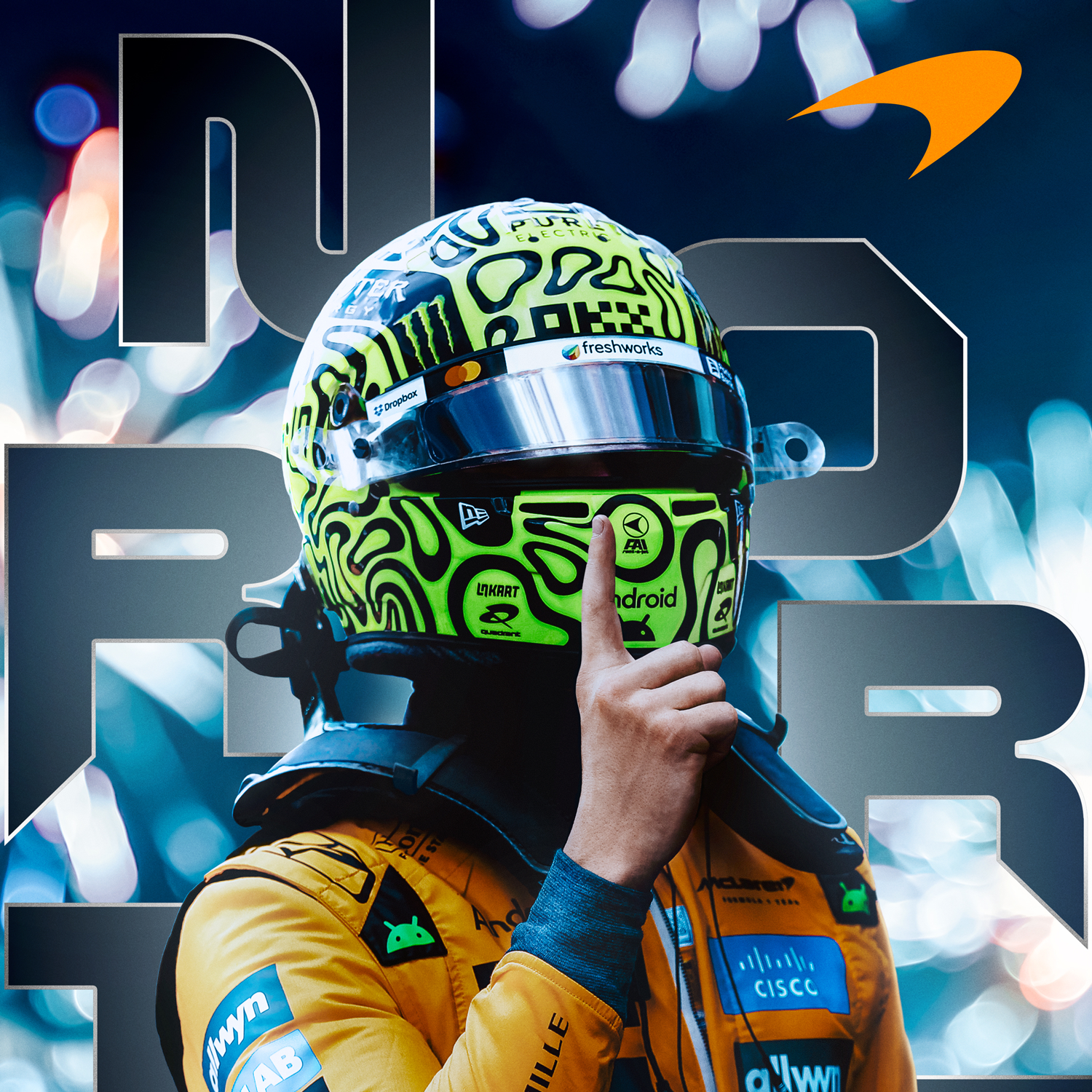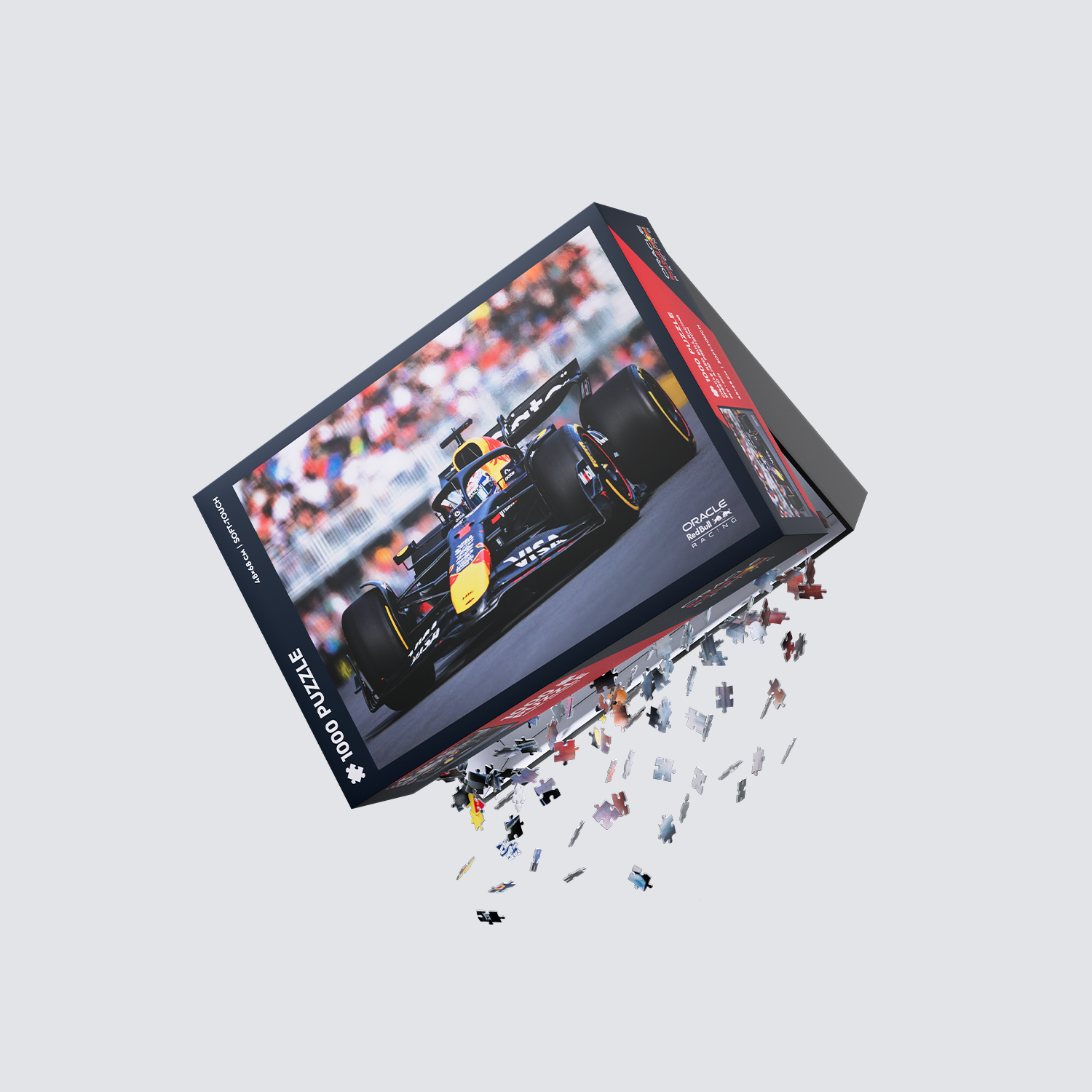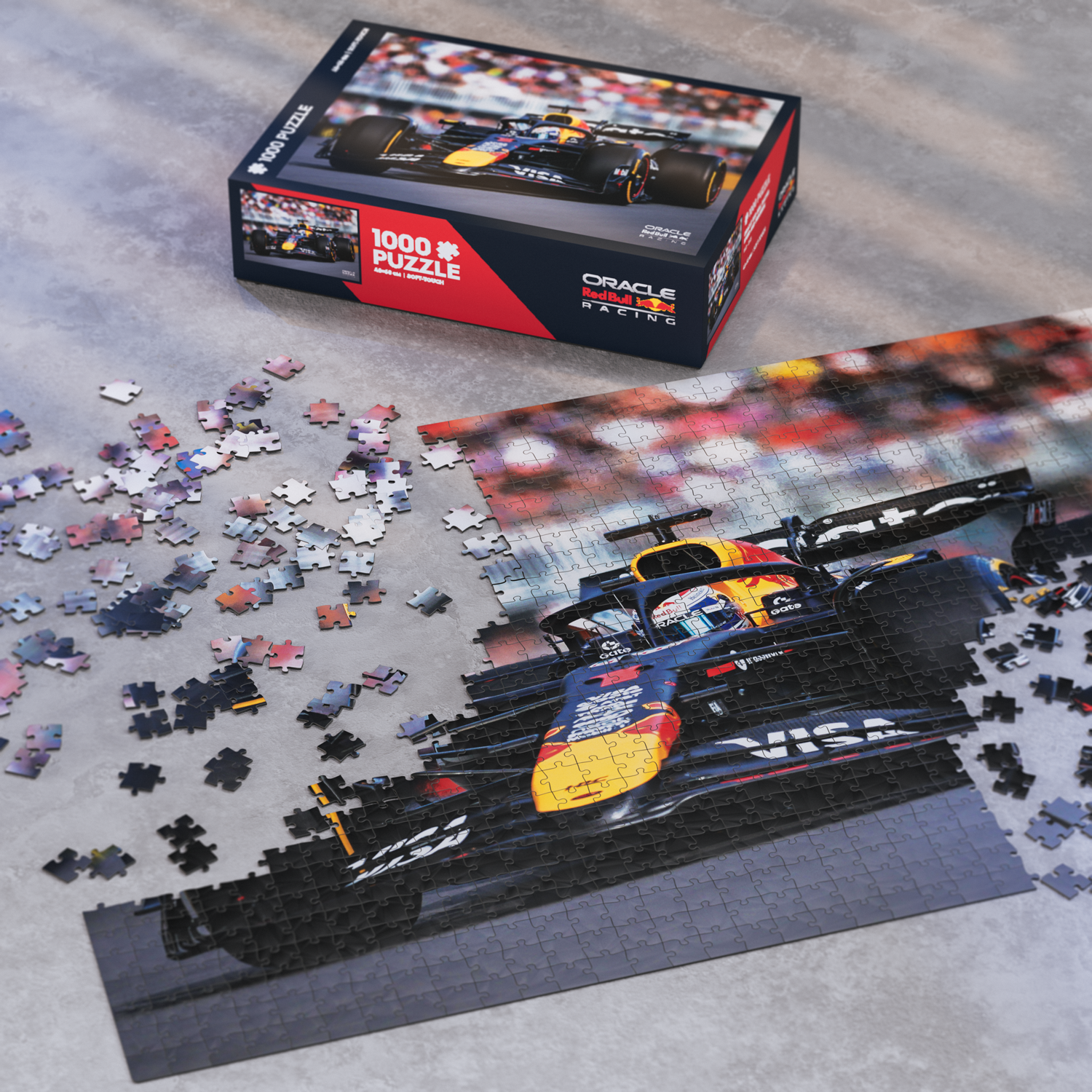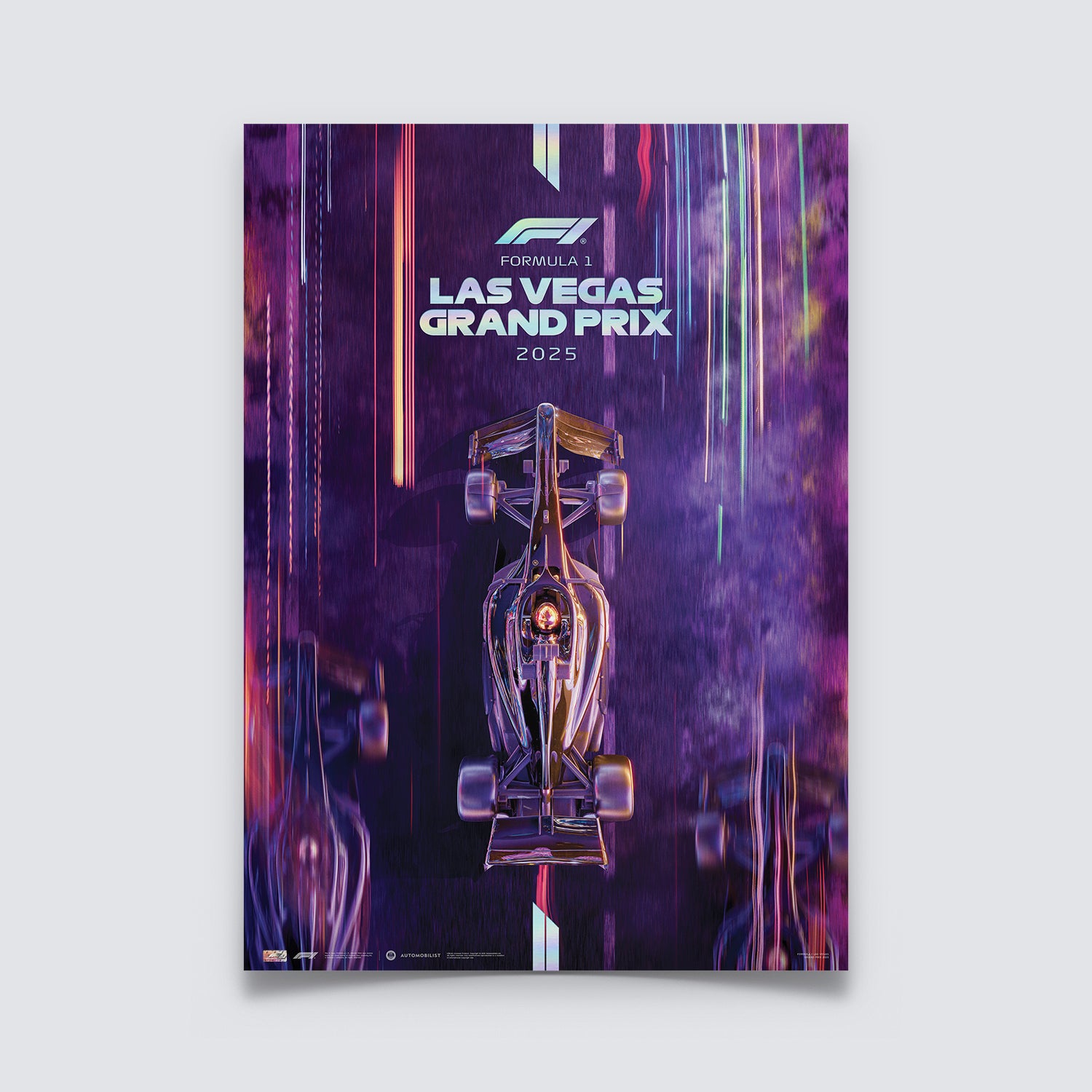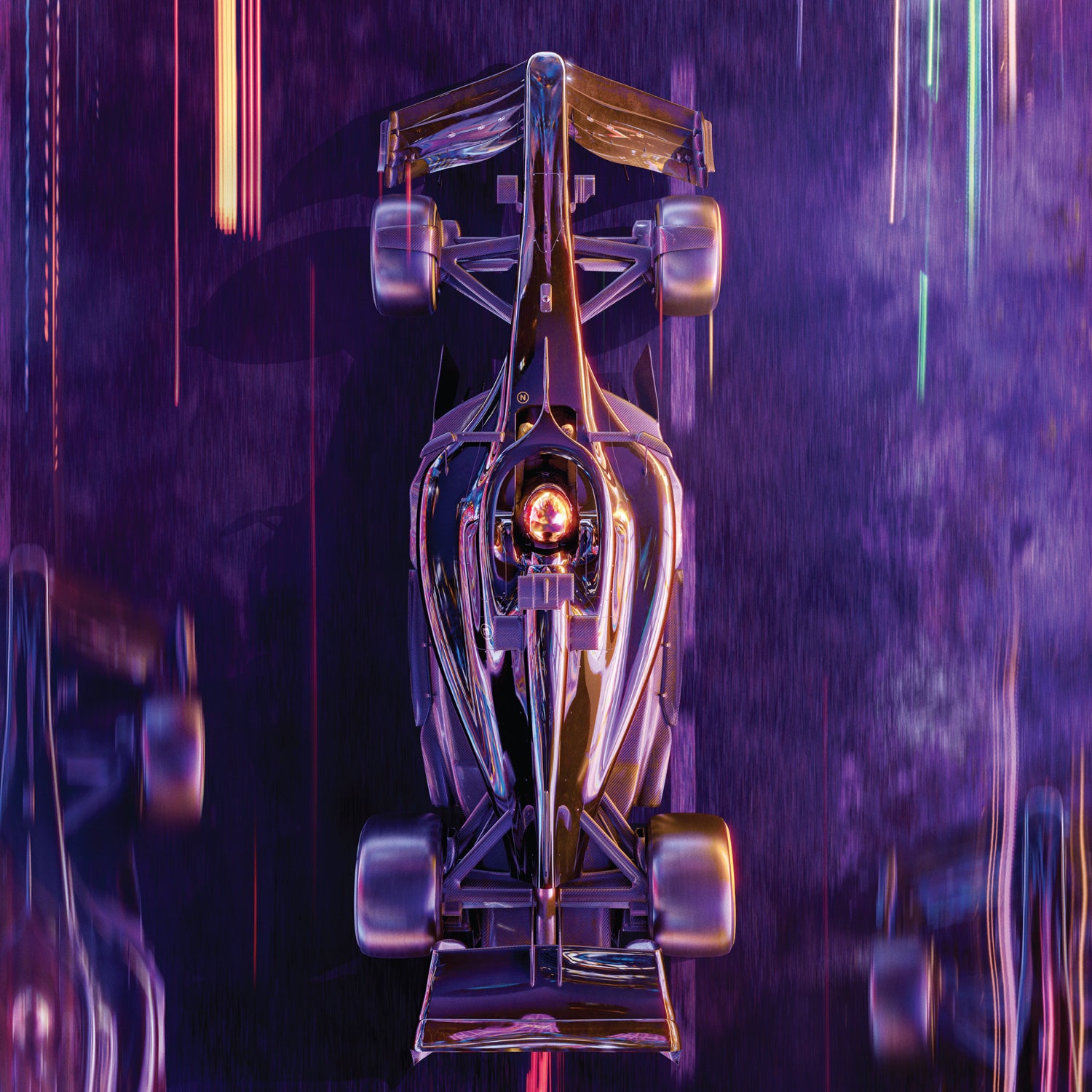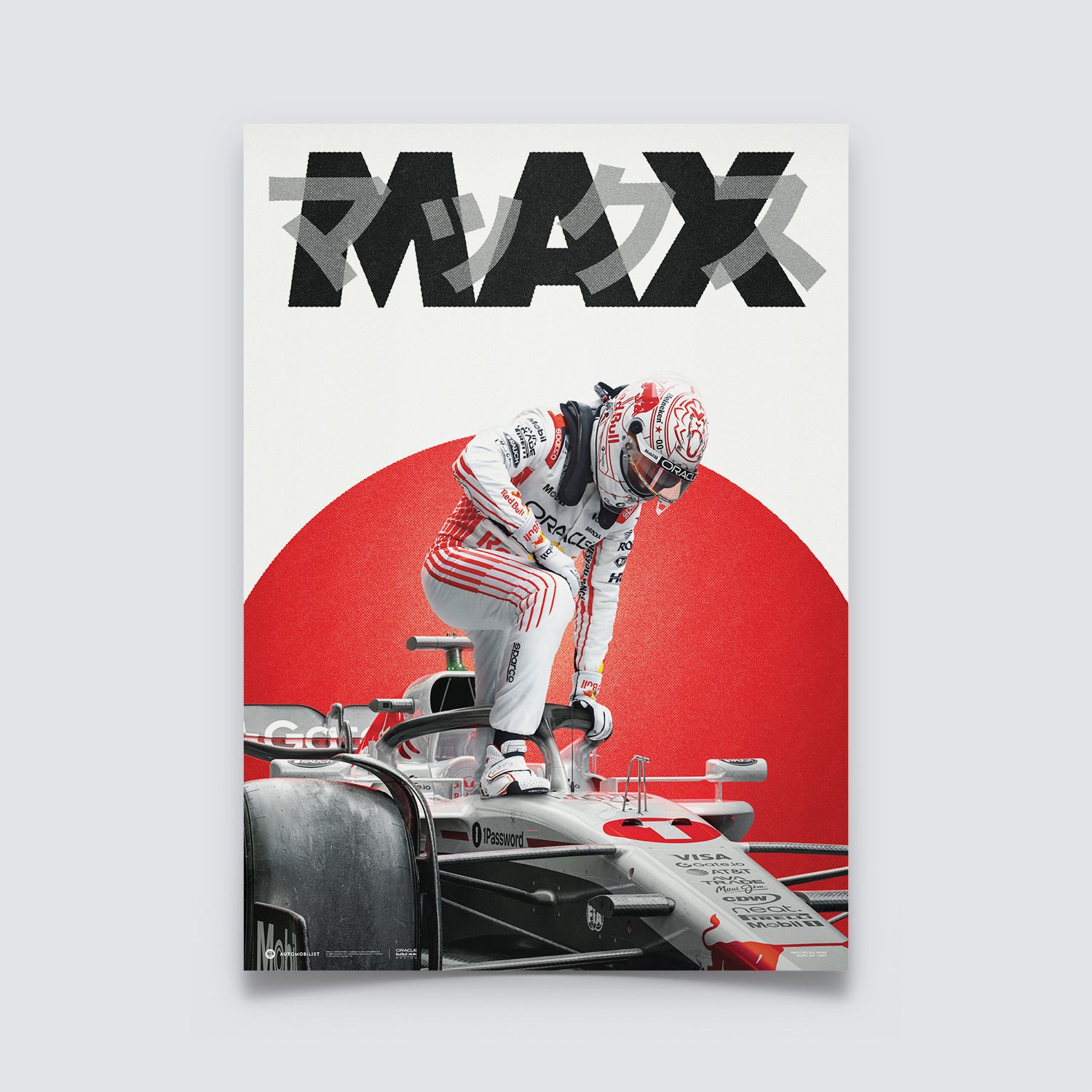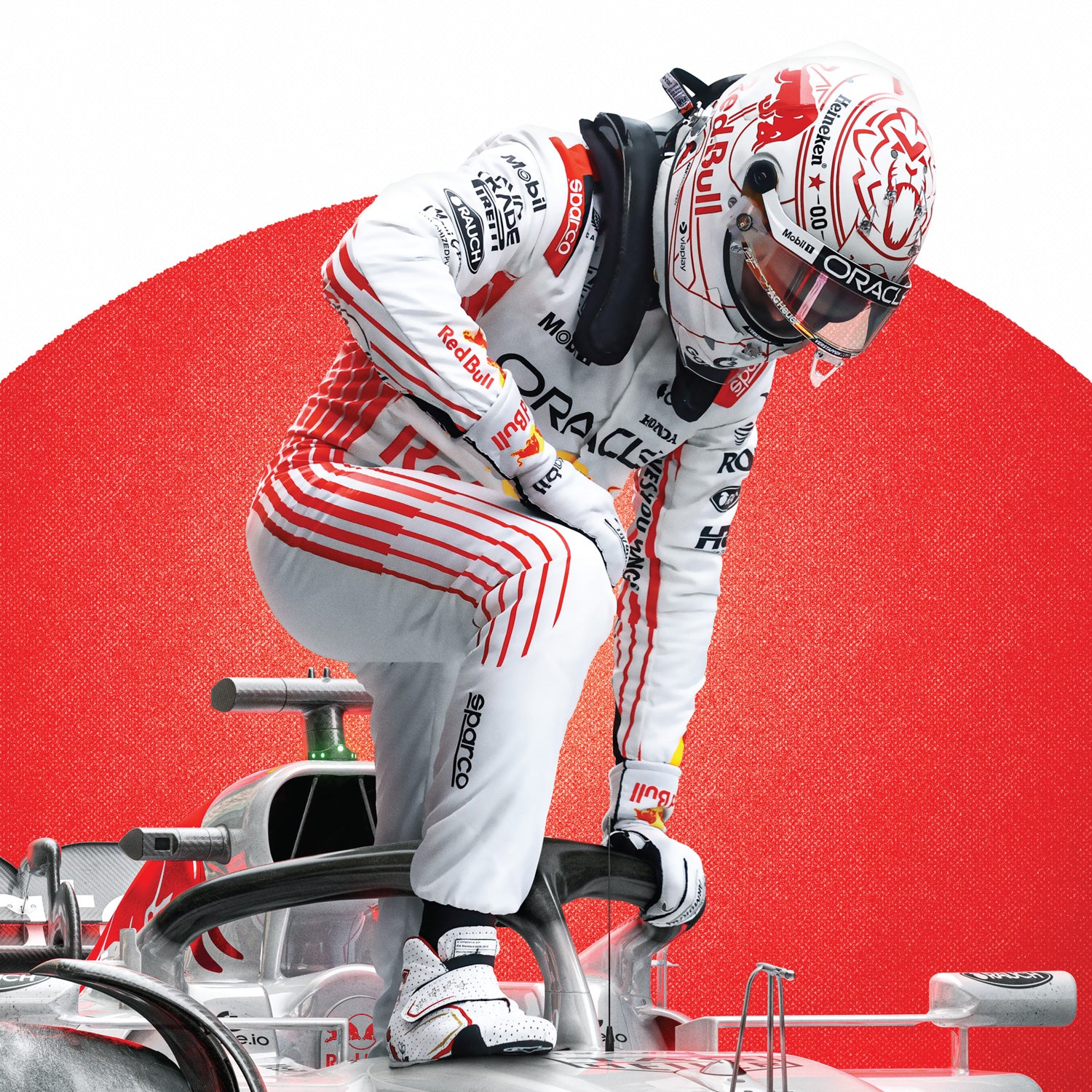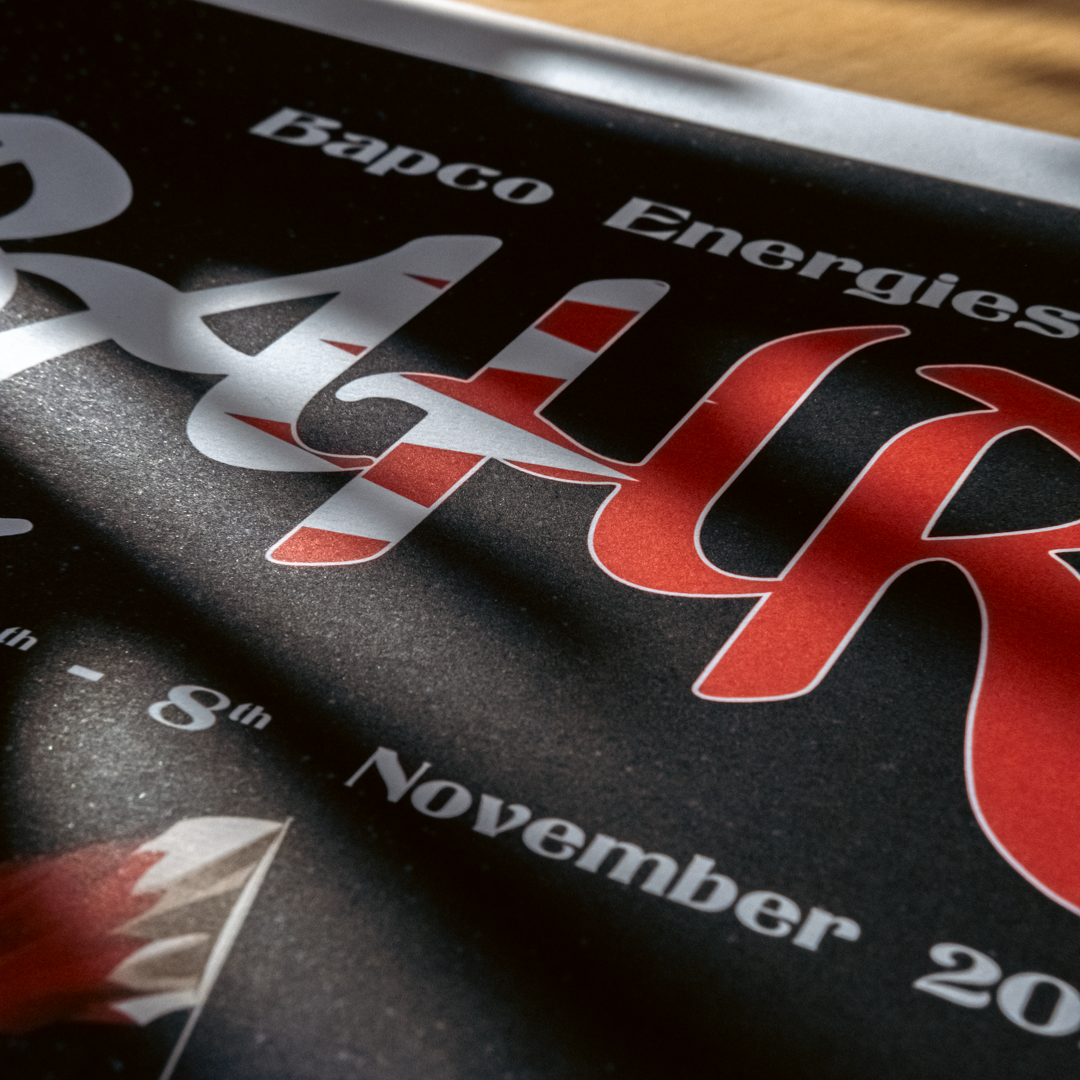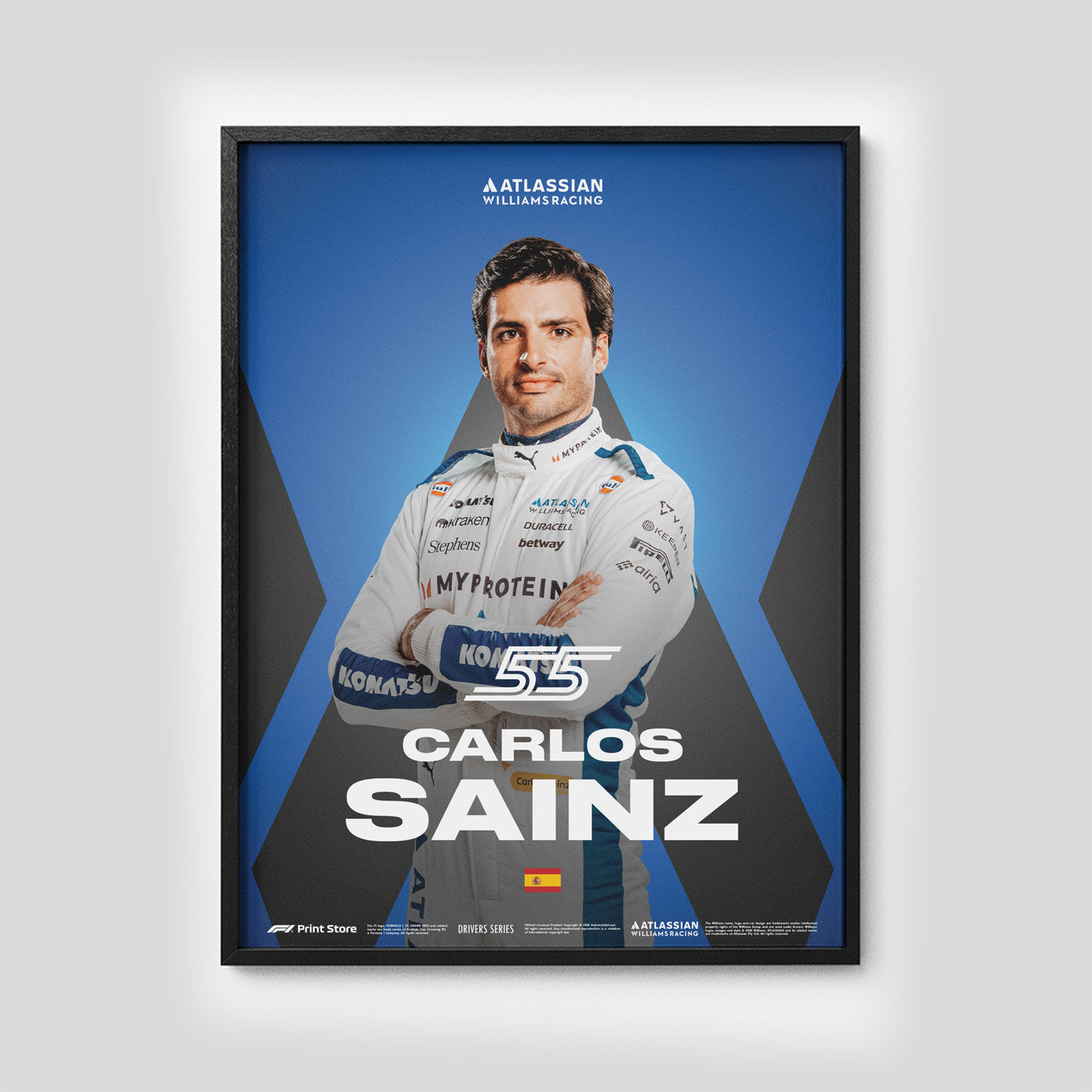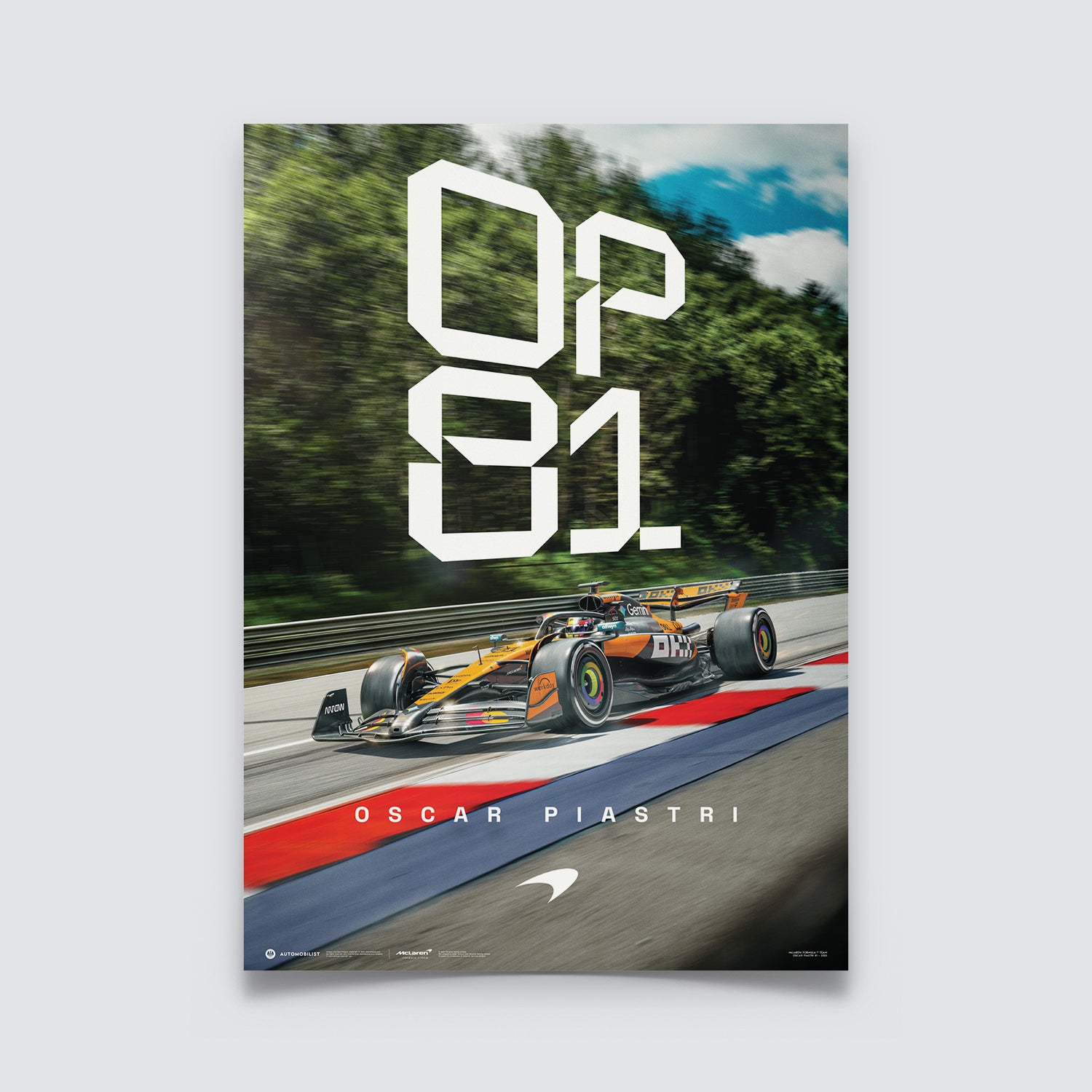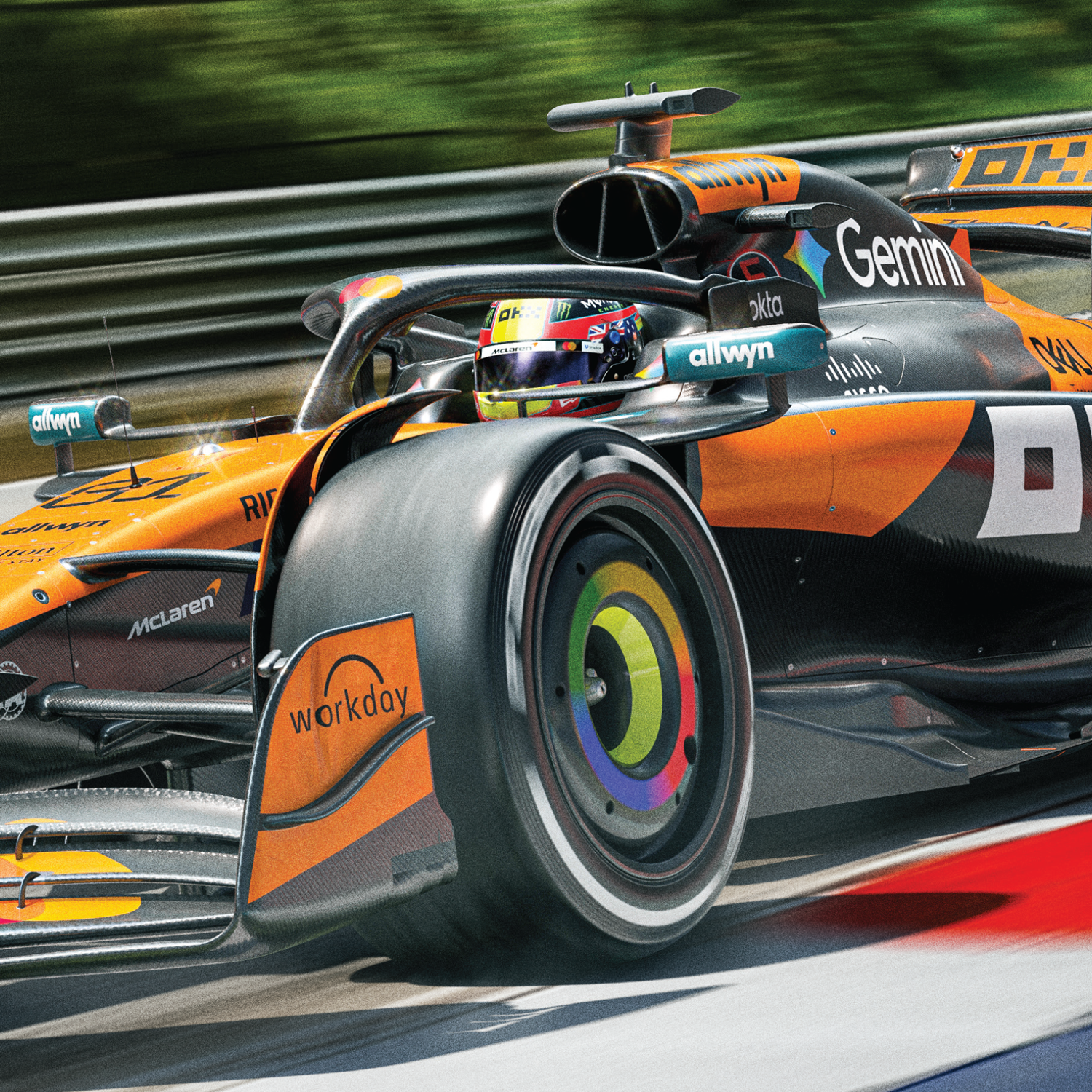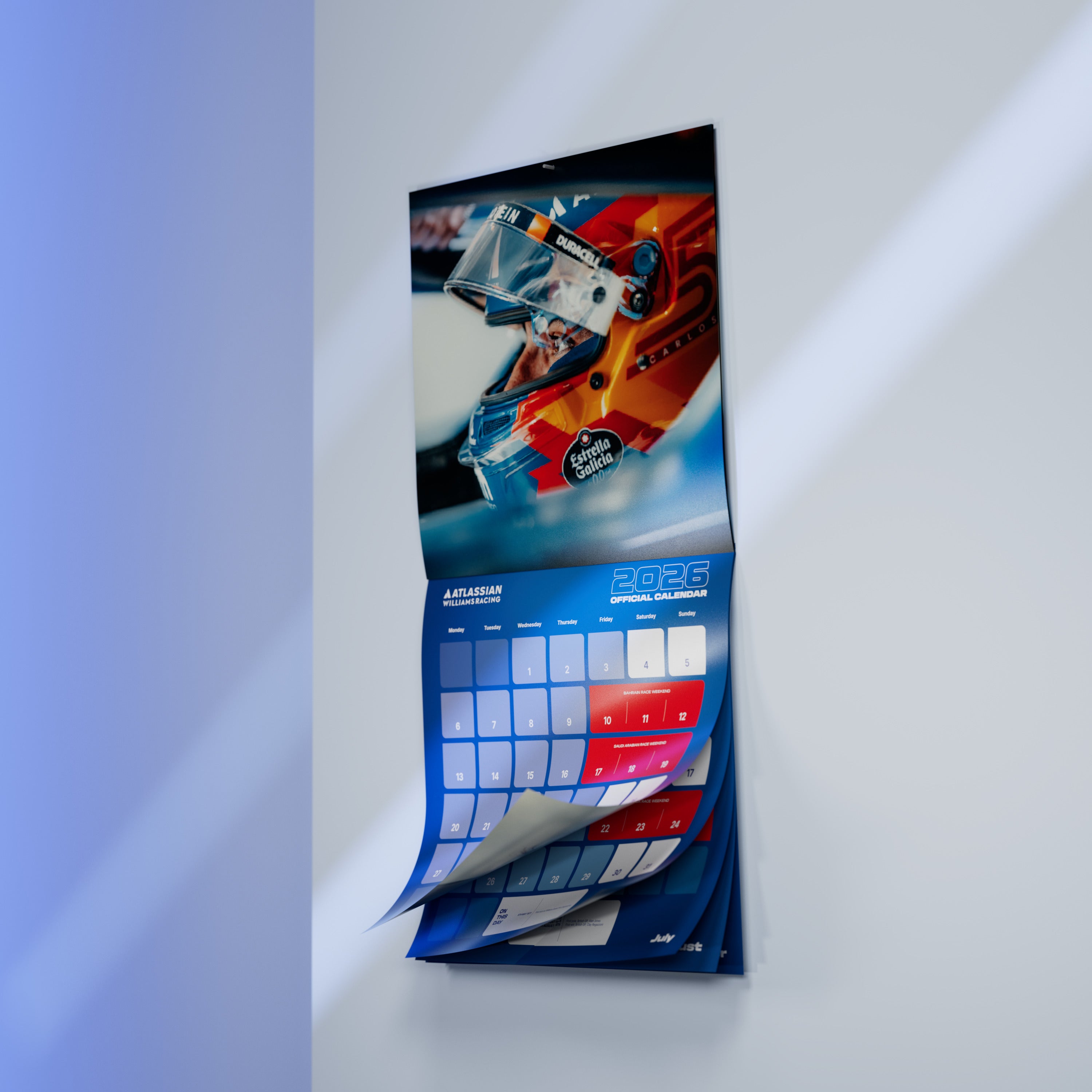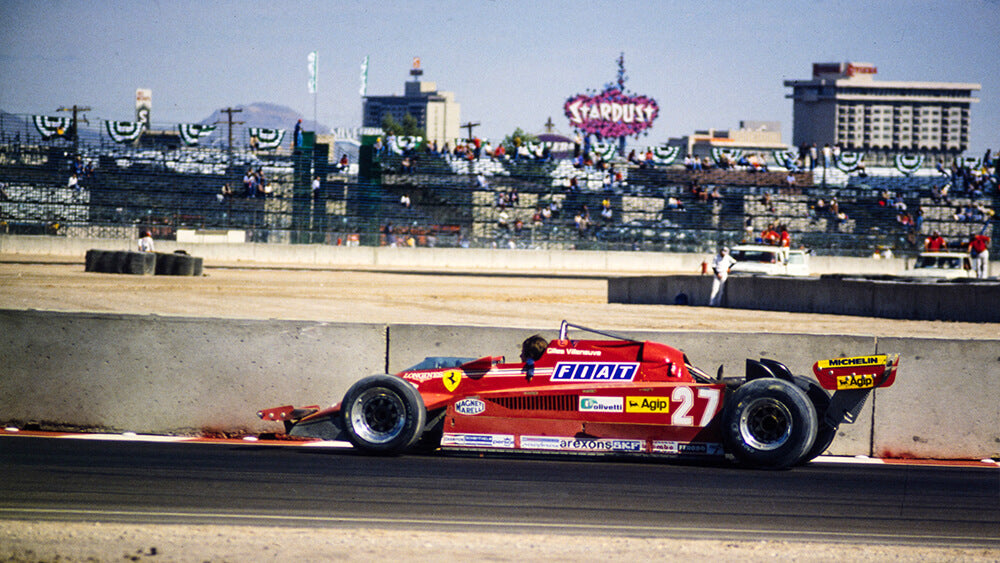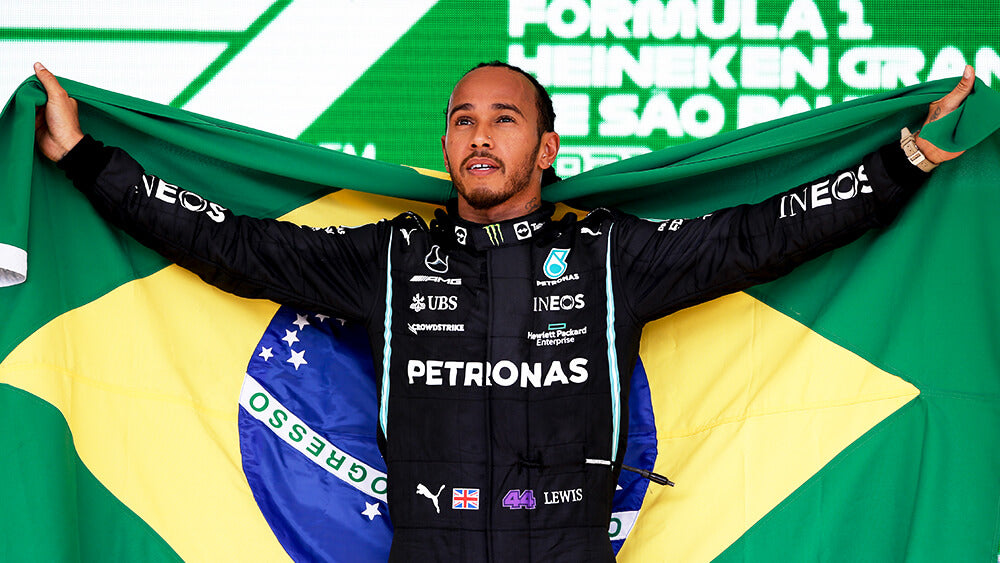24h Le Mans Centenary: 2023 | Written by Richard Kelley
Ferrari's formidable 499P Hypercar is this generation's most anticipated and significant new racing car. The Italian make has won the Le Mans 24 Hours ten times and now returns with the 499P on the centenary of this historic race in a bid for overall victory for the first time in exactly 50 years since their last appearance.
For Ferrari, it’s an opportunity to go back to the future.
The Prancing Horse lines up for Le Mans with two 499Ps, the #50 driven by Antonio Fuoco, Miguel Molina and Nicklas Nielsen, and the #51 car with Alessandro Pier Guidi, James Calado and Antonio Giovinazzi.
Having taken the pole in its debut at Sebring and the Portimão and Spa-Francorchamps rounds, the 499P delivered three podiums and now arrives in La Sarthe sure to continue on this positive path, with results equalling and surpassing its targets in its debut season of the Hypercar class.
The Maranello marque is currently second in the Manufacturers’ standings, 33 points ahead of Toyota, heading into Le Mans with the most points at stake. The winning car receives 50 points.
 #51 Ferrari 499P of Alessandro Pier Guidi, James Calado, Antonio Giovinazzi at the 2023 24h Le Mans. Image Courtesy: Motorsport Images.
#51 Ferrari 499P of Alessandro Pier Guidi, James Calado, Antonio Giovinazzi at the 2023 24h Le Mans. Image Courtesy: Motorsport Images.
The 499P’s stunning livery is complete with an iconic yellow stripe in remembrance of Ferrari’s glorious 312P, its all-conquering 1973 factory racer. Beyond the stripe, the name also reflects the Scuderia’s bounteous traditions - 499 represents the displacement of its six-cylinder engine, ahead of “P” for Prototype.
Aero signatures include an aggressive rear wing and a central strake that grows from a fin mounted atop a large rectangular intake snorkel that supplies fresh air to the engine, battery and transmission. Underneath the high-mounted wing sits another horizontal plane that extends beyond the rear diffuser, outlined by a full-width light bar.
Bespoke elements such as the completely open front arches are now possible by the added freedom of the Le Mans Hypercar program, which was previously impossible to accomplish under LMP1 regulations. The rear “hips” also feature unique bare-carbon humps atop the arches, combining to make it a distinctive design on the circuit.
The resulting impression is formidable in photos, magnificent in race trim, and breathtaking at speed.
 #51 Ferrari 499P of Alessandro Pier Guidi, James Calado, Antonio Giovinazzi at the 2023 24h Le Mans. Image Courtesy: Motorsport Images.
#51 Ferrari 499P of Alessandro Pier Guidi, James Calado, Antonio Giovinazzi at the 2023 24h Le Mans. Image Courtesy: Motorsport Images.
The Ferrari 499P employs a completely bespoke carbon fibre monocoque and its unique hybrid powertrain. Powering the front axle is a single electric motor capable of delivering a peak of 268 bhp, drawing power from a 900 V battery pack developed using technology derived from its hybrid Formula 1 car.
The heart of the Ferrari 499P is the V6 from the GT3 version of the 296 GTB. The twin-turbocharged engine is mated to an Energy Recovery System (ERS) connected to the front axle for four-wheel-drive propulsion.
Ferrari discussed the use of V12 and V8 power plants at the project’s inception, but the need to keep the weight as low as possible, it settled on a bespoke 120-degree 3-litre twin-turbocharged V6 (499 being the displacement of each cylinder). As per the regulations, it produces a maximum of 671 bhp.
 #50 Ferrari 499P of Antonio Fuoco, Miguel Molina, Nicklas Nielsen at the WEC Sebring 2023. Image Courtesy: Motorsport Images.
#50 Ferrari 499P of Antonio Fuoco, Miguel Molina, Nicklas Nielsen at the WEC Sebring 2023. Image Courtesy: Motorsport Images.
The braking package is a brake-by-wire Brembo system chosen for its ability to recover energy from the front axle to charge the hybrid system at speed. Ferrari utilises the familiar double wishbone pushrod-type suspension, and to help meet the target weight figure (regulations stipulate a 1,030 kg minimum), Ferrari has made the engine and seven-speed sequential transmission both stressed members of the 499P’s chassis.
Ferrari could have chosen the more economically friendly and relatively simple rear-wheel-drive LMDh route for its historic return to prototype endurance racing, just like old rival Porsche.
But that wouldn’t be Ferrari.
Ferrari’s 499P is a ‘pure’ Hypercar, designated LMH (Le Mans Hypercar) derived from either a bespoke prototype architecture or a road car. LMH entries can be hybrid or pure ICE. They provide excellent technical freedom but must fit into a tightly defined performance window. Toyota, Peugeot, Glickenhaus and Vanwall are also built to LMH regulations.
These hybrid cars are more costly but allow more proprietary technology and can deploy power through the front wheels for four-wheel-drive capability. Currently, LMH cars can only race in WEC and at Le Mans.
 #51 Ferrari 499P of Alessandro Pier Guidi, James Calado, Antonio Giovinazzi after taking the Hyperpole at the 2023 24h Le Mans. Image Courtesy: Motorsport Images.
#51 Ferrari 499P of Alessandro Pier Guidi, James Calado, Antonio Giovinazzi after taking the Hyperpole at the 2023 24h Le Mans. Image Courtesy: Motorsport Images.
The LMDh cars (Le Mans Daytona Hybrid) of Porsche, Cadillac, BMW, Lamborghini and Acura provide a more straightforward, less expensive solution to racing at the top level. They are also eligible for the massively popular IMSA series in the US. There is a free choice in engine configuration, but manufacturers must choose from four approved chassis suppliers – Dallara, Oreca, Ligier and Multimatic.
A spec hybrid system comprises a Bosch electric motor integrated into an XTrac seven-speed gearbox and a Williams Advanced Technology battery pack. The e-motor delivers just 67 bhp to the rear wheels exclusively.
LMH and LMDh have a minimum weight of 1,030 kg, and peak power is constantly adjusted to ensure combined output doesn't exceed 671 bhp (500 KW) based on the calculated Balance of Performance.
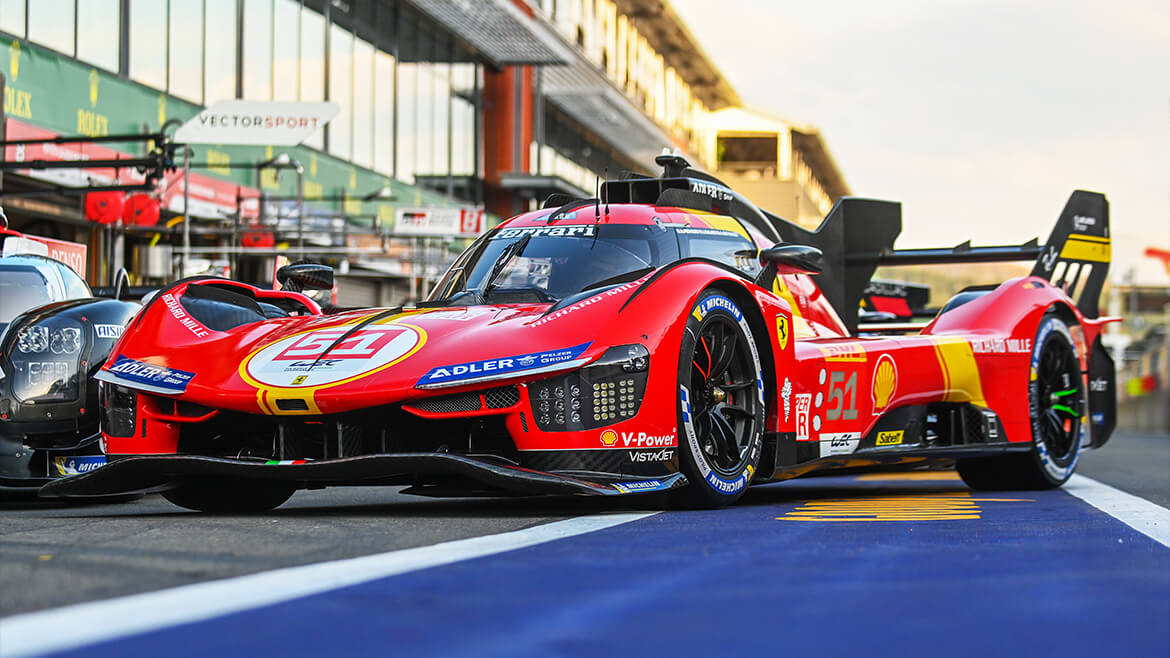 #51 Ferrari 499P of Alessandro Pier Guidi, James Calado, Antonio Giovinazzi at the 2023 24h Le Mans. Image Courtesy: Motorsport Images.
#51 Ferrari 499P of Alessandro Pier Guidi, James Calado, Antonio Giovinazzi at the 2023 24h Le Mans. Image Courtesy: Motorsport Images.
At the 100th running of Le Mans, there will be seven manufacturers and a top class consisting of 16 cars. And this is just the beginning. For 2024 there's the possibility of 30 top-level entrants and a fresh start from Toyota's recent dominance.
Follow the link below to read more stories from the 100 years of 24h Le Mans and discover our celebratory poster collection in cooperation with the Automobile Club de l'Ouest.

